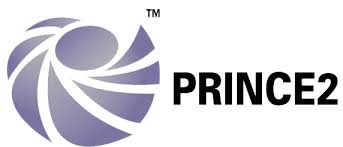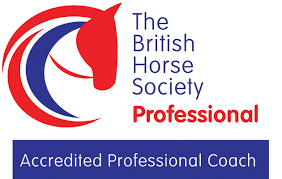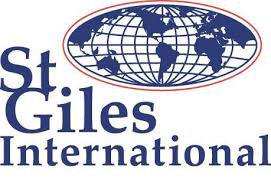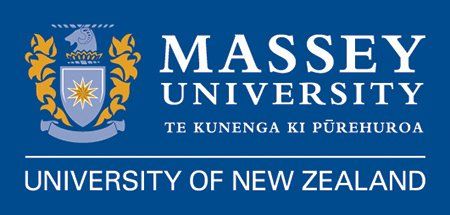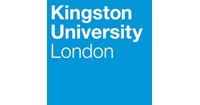Day 1: Foundations of Advanced Coaching
Review of Core Coaching Principles: Recap of key coaching concepts, including active listening, empathy, and building rapport.
Exploring Advanced Coaching Models: Introduction to GROW, Appreciative Inquiry, and NLP coaching models, and their applications in various leadership scenarios.
Powerful Questioning Techniques: Deep dive into the art of asking powerful questions to uncover root causes, identify solutions, and unlock employee potential.
Building Trust and Rapport: Strategies for establishing strong coach-client relationships, including active listening, empathy, and demonstrating genuine care.
Day 2: Coaching for High Performance
Setting SMART Goals: Guiding employees in setting ambitious yet achievable goals aligned with organizational objectives.
Overcoming Performance Barriers: Identifying and addressing common performance challenges, such as lack of motivation, procrastination, and fear of failure.
Developing Self-Awareness: Utilizing coaching techniques to enhance employee self-awareness, including strengths, weaknesses, values, and career aspirations.
Accountability and Commitment: Strategies for fostering accountability and commitment to achieving goals, including regular check-ins and progress reviews.
Day 3: Providing Constructive Feedback
The Art of Giving and Receiving Feedback: Principles of giving and receiving constructive feedback effectively, minimizing defensiveness and maximizing learning.
Developing a Feedback Culture: Creating a psychologically safe environment where feedback is valued, sought, and given constructively.
Addressing Difficult Conversations: Strategies for navigating challenging conversations, such as addressing poor performance, managing conflict, and delivering difficult news.
360-Degree Feedback: Understanding the value of 360-degree feedback and how to effectively utilize it for employee development.
Day 4: Coaching Through Change and Transitions
Leading Change Effectively: Guiding teams through organizational change, including mergers, acquisitions, and restructuring.
Building Resilience and Adaptability: Coaching techniques for helping employees develop resilience, cope with stress, and adapt to new challenges.
Managing Career Transitions: Supporting employees in navigating career transitions, such as job changes, promotions, and career shifts.
Developing Leadership Presence: Enhancing leadership presence through effective communication, body language, and emotional intelligence.
Day 5: Integrating Coaching into Daily Management
Creating a Coaching Culture: Strategies for fostering a coaching culture within the organization, starting with individual teams.
Integrating Coaching into Daily Interactions: Practical tips for incorporating coaching principles into everyday management tasks, such as team meetings, performance reviews, and one-on-one conversations.
Developing a Personal Coaching Plan: Creating a personalized coaching plan to continue professional development and apply coaching skills beyond the program.
Action Planning and Next Steps: Developing actionable plans to implement coaching skills within the workplace and address specific leadership challenges.
















